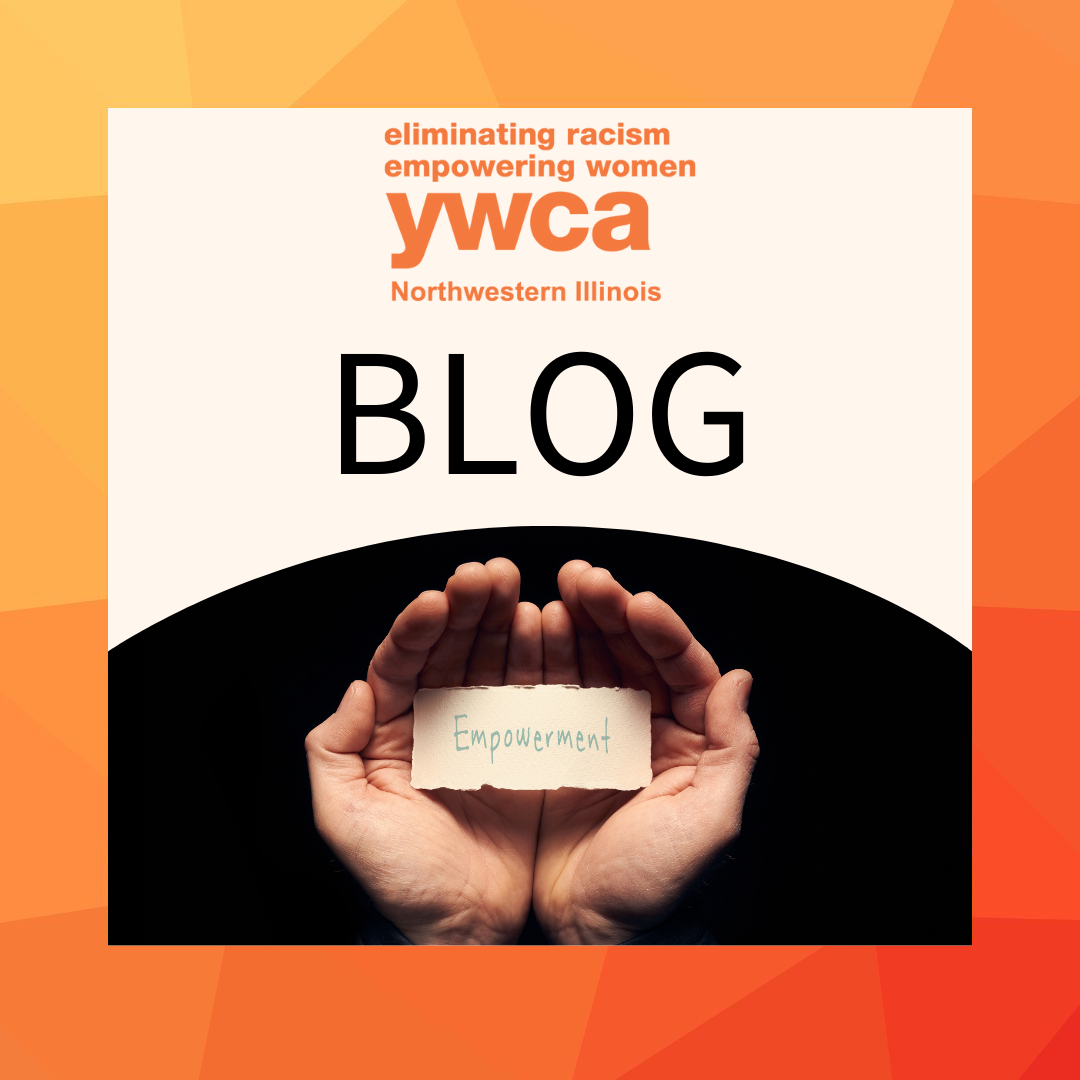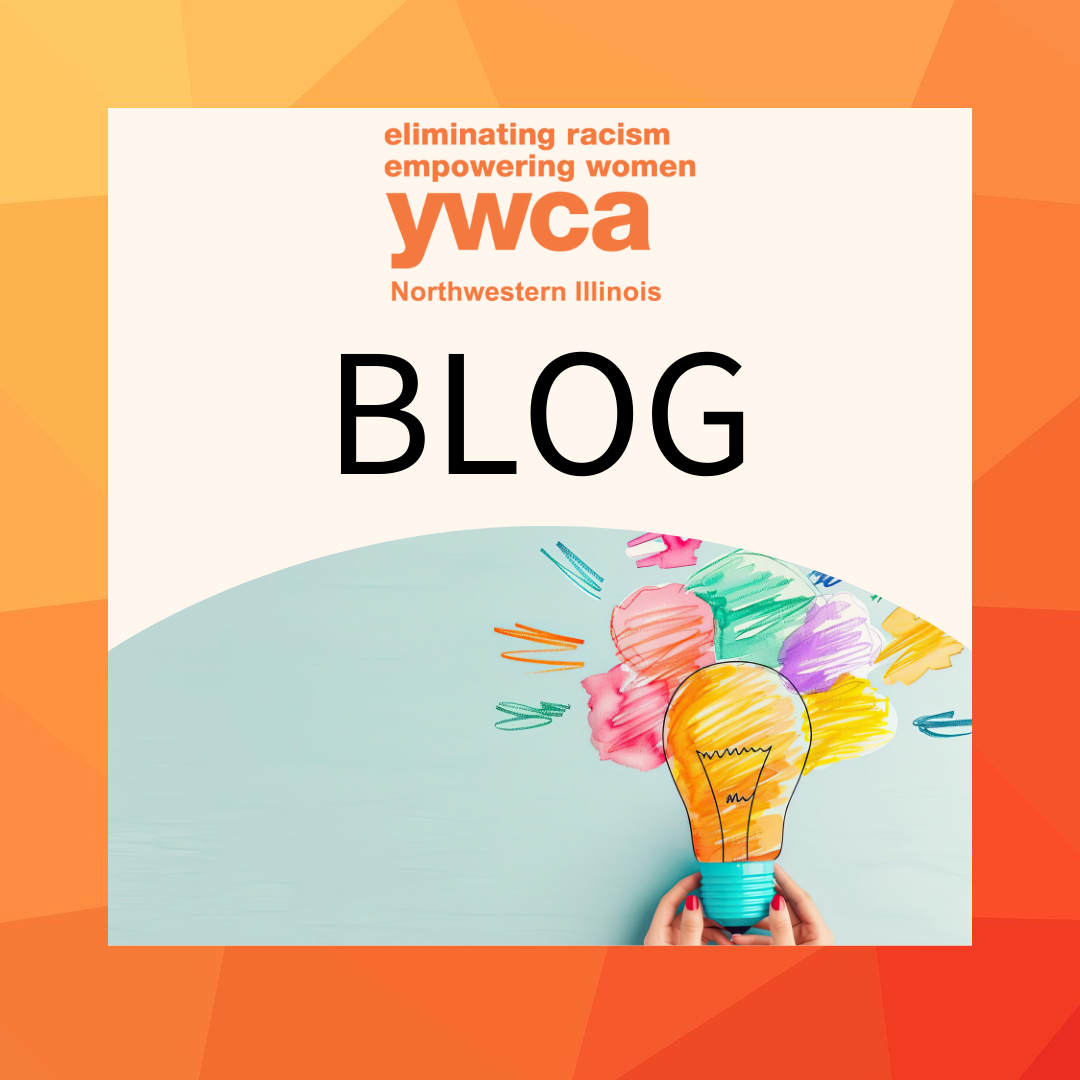Empowerment is “a multi-dimensional social process that helps people gain control over their own lives” and encourages people to use their power to affect their communities in ways they find important (Page & Czuba, 1999). Empowerment as a concept has two main dimensions: the individual and the collective. For individuals, empowerment pairs knowledge of the broader world with an understanding of that person’s role in impacting change in their lives. In a collective, individuals at various stages of their empowerment journeys come together to tackle various social issues.
As we examine individual and collective empowerment separately, it is important to understand that we cannot separate the two dimensions from each other. Whether we’re initially drawn to the idea of building ourselves up or improving the lived experience of our communities, the beliefs and practices we need to be successful in one dimension are the same beliefs and practices we need to be successful in the other. This is to say that if we are genuine in our pursuit in one type of empowerment, we will be developing the mindset to pursue the other. Individual and collective empowerment are inherently linked.
Empowerment is more than a concept—it’s a continuous practice rooted in self-awareness, growth, and connection. The following beliefs and practices outline key steps in cultivating personal agency, fostering meaningful relationships, and navigating challenges with care and resilience. Together, they form a foundation for building a more empowered life and contributing to empowered communities.
Accepting responsibility for ourselves (and expecting the same of others)
Since empowerment is a process where people gain more control over their lives, we as individuals have to have a sense of responsibility for directing our lives. Empowerment asks us build an awareness of the world and our role in it—how do we wield power in different settings, how is power wielded by others in those settings? We can (and should!) start local in our understanding of “the world.” Think about your role in your family, friend circle, neighborhood, school, workplace, or another group (as you’re ready, shift away from the local for a more global, big-picture’ view).
During this examination, consider the way your role looks right now and what you want it to look like. What kind of choices do you make now? Are you able to grow into the person you want with the kind of choices available to you right now? If not, imagine what kind of new options and support you’d need to continue growing. These questions evaluate our currently reality against where we want to be in the future.
Having a growth-mindset
Any sense of responsibility and awareness we develop must be accompanied by a genuine belief that everyone is capable of growth and that growth is always happening. Cultivating a growth-mindset helps encourage us to try new things that can help improve our lives. This is especially important when we’re going against long-standing narratives, either personal or societal, that we’re doomed to be stuck in cycles of suffering. In a collective setting, we have to extend this mindset to cover anyone we encounter within our communities, local and beyond, that they are capable growing (and already doing so).
Demonstrating genuine care and empathy
The intra- and interpersonal work required to become empowered places new demands on the way we care for ourselves and others. To be effective in our empowerment journeys, we must not only believe in the concept of care but openly practice it.
For ourselves, we need to take time to assess our mental state, from the most present emotions to the experiences that have shaped the way we view of the world. When we come across something that is causing us acute or chronic harm, we have to be willing to try new techniques to self-regulate and give ourselves grace as we learn how to process. Likewise, when we care about someone else in service of empowerment, we need to foster relationships that asks us to be concerned for their wellbeing as equals in life (as opposed to a paternalistic dynamic).
Trusting yourself and others to be open, honest, and vulnerable
An essential practice during your empowerment journey is trust—in yourself and others—to act openly, honestly, and vulnerably. Trust in this context must come from a place of good intentions: that you feel safe with yourself and the world around you to work collaboratively towards a better future.
If trusting yourself or others feels difficult right now, start small and build up. Can you acknowledge your emotions, both positive and negative, without minimizing them? Do you have people in your life you can be vulnerable with in some capacity? If not, there are opportunities to try new behaviors. Give yourself grace to feel what you’re feeling and try to find where your emotions originate from, recognizing that it’s okay to feel without letting yourself be taken over by emotions. For being vulnerable, you can either try opening gradually with the select people you already know or find new people who are able to meet this need.
Developing and using conflict resolution skills
Conflict is a normal part of doing work to change our lives for the better, so having the skills to tackle it directly is key for being an effective changemakers. As previously mentioned, trusting that people are coming from a place of good intentions helps set the stage for approaching interpersonal issues. We are likely to work better with people who we believe care about us and our perspective. From this starting point, we can then take time to address the issue at a time that works for each party involved to talk directly about the issue. During these conversations, be mindful of not just what you say, but how you say it and how much talking versus listening you’re doing. Resolutions reached should be mutually satisfying—the goal of conflict resolution should not be to win as an individual, but win as a collective.
-Silvia Diaz, YWCA Northwestern Illinois Higher Education and Workforce Development Navigator/PAIP Facilitator




